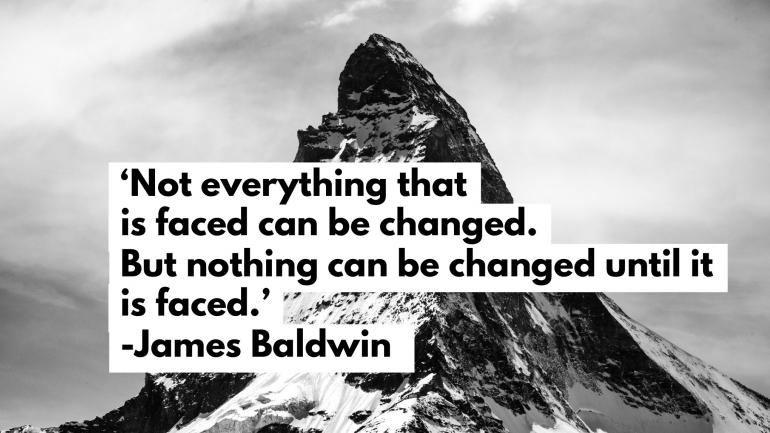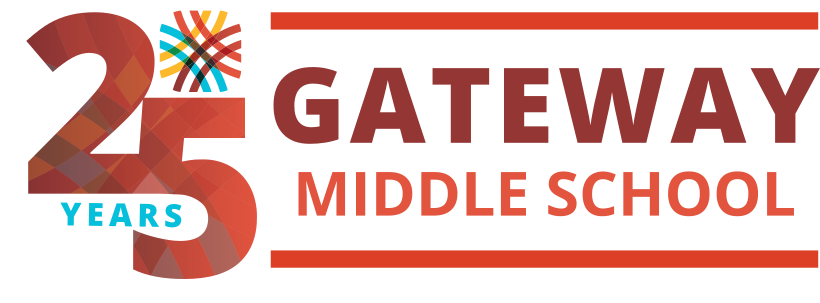
While teachers everywhere are learning more than they ever imagined about Zoom, Google Classroom and the thousands of apps and platforms that can go into making a virtual classroom, it takes more than technical savvy to lead an equitable classroom, online or off. That’s why GMS has joined with partner organization Facing History and Ourselves to commit to a year-long, faculty-wide professional development initiative focused on Race and Equity in Education, empowering teachers to build a strong anti-racist foundation for their work in the classroom.
For more than four years, Gateway Schools have partnered with Facing History, which supports educators in addressing issues of racism, anti-semitism, and prejudice in both historical and contemporary contexts. While most of Facing History’s work is geared toward the high school level, GMS is one of only two partner middle schools in Northern California, adapting Facing History’s content to be suitable for younger learners and infusing it through much of the humanities and advisory curriculum.
“Every time we work with Gateway, we see and hear the students and educators embodying the principles of our partner schools (such as intellectual rigor, empathy, and civic engagement),” said Brian Fong, Associate Program Director of Facing History Northern California.
While Facing History has led workshops and other professional growth opportunities at GMS before, this is the first time faculty have been able to work with Facing History on a dedicated topic over the course of a whole school year. Starting in the summer, a team of faculty and school leaders committed to a deep dive on a book of their choosing about race and equity, like Anti-Racist Teaching by Robert P. Amico or White Fragility by Robin DiAngelo, and returned to debrief one another on their reading before the start of the school year. This core team of participants work with Facing History throughout the year to plan and deliver sessions for the rest of the faculty, culminating in the formation of an opt-in, equity-focused Professional Learning Community (or PLC, a team of educators who commit to collaborating together). Once established, the goal is for the PLC to meet regularly beyond the end of the Race and Equity in Education series and lead future professional development at GMS.
“It’s not enough to just be a diverse school, as educators we need this kind of specific training about how to work within the reality that we’re trying to change a racist system,” said Elizabeth Colon, GMS Humanities Teacher. “That’s the only way we can make sure that every one of our students is receiving all the opportunities they need to succeed.”
